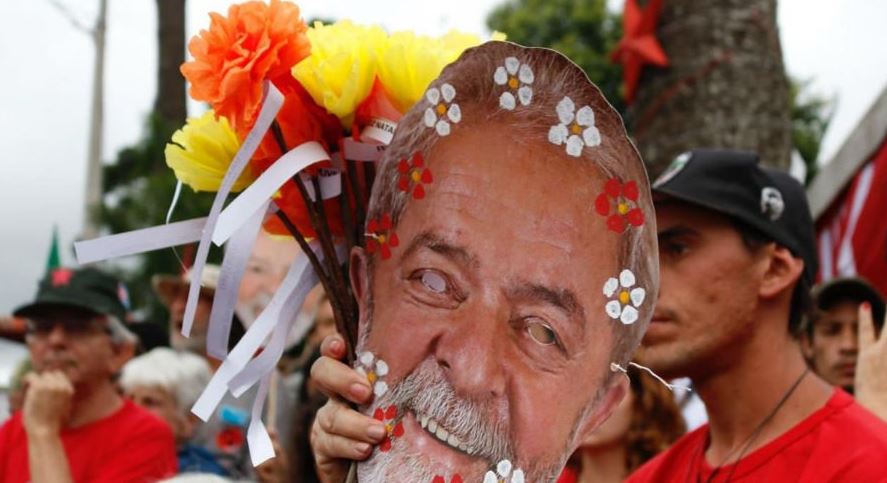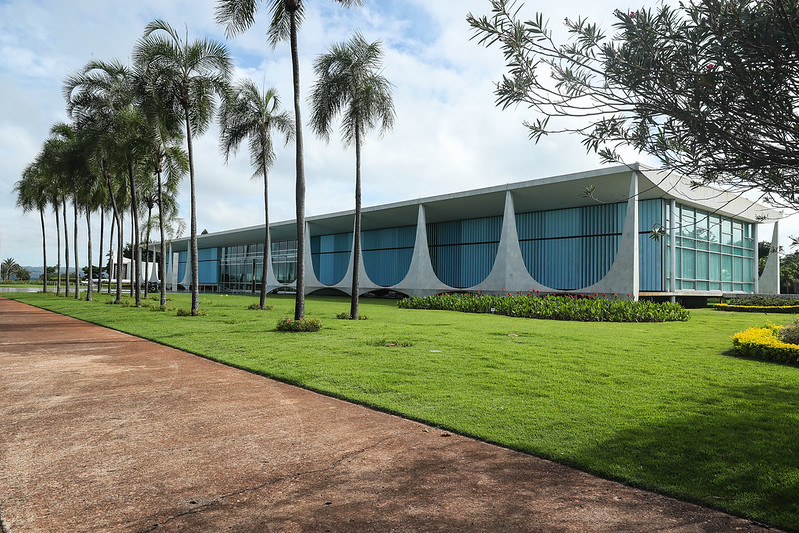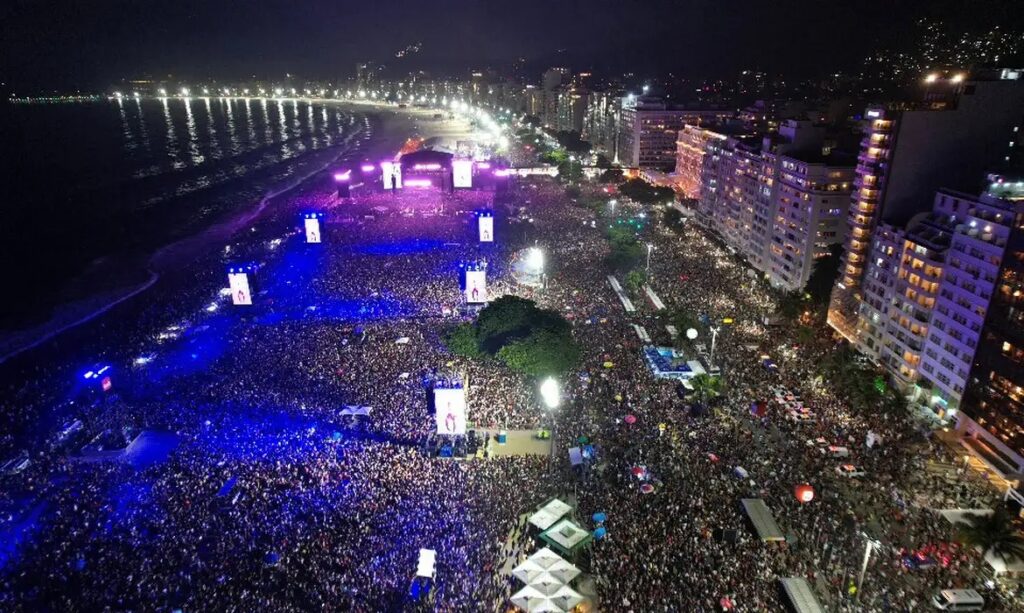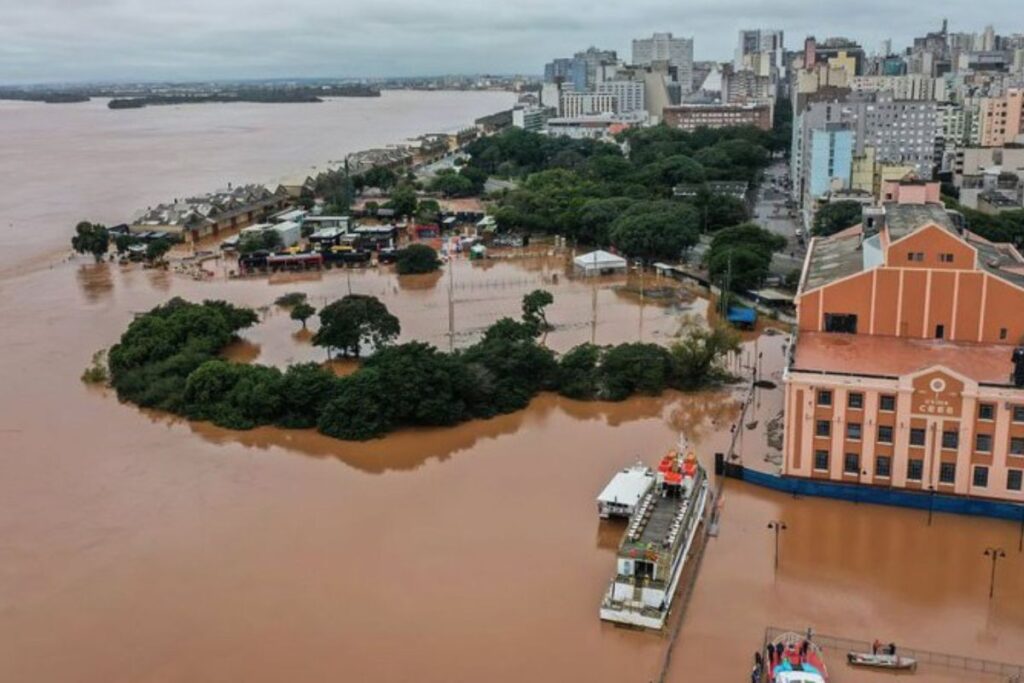Yesterday, President Michel Temer launched another auction for drilling rights in Brazilian oil fields following national strikes over diesel prices and the recent resignation of Petrobras Chief Executive Pedro Parente.
State-owned oil company Petrobras has traditionally championed competition from international oil companies, as governments have previously required it to have a 30% stake in oil ventures.
In September of last year, President Temer first begun his efforts to lure in international investment by auctioning off Brazilian oil fields, as part of a wider effort to reduce state spending and end his country’s long-standing recession. Since then, there have been a further three oil auctions in Brazil, with this latest one becoming the fourth.
President Temer’s intention for the oil auctions, in addition to governmental profit from the sales, is to create more jobs.
Among the winning oil consortium of the most recent auction were energy giants Equinor, Exxon Mobil Corp and Petroleos de Portugal, in a bid that, partnered with Petrobras, resulted in profits of around 3.15 billion reais for the Brazilian government.
Décio Oddone, head of the National Petroleum Agency, implied that the problem with Brazil’s oil industry was Petrobras’ almost monopoly over the sector. “This process and model shows that what we need in Brazil is more competition,” he said.
Increased international oil exploration off Brazilian shores could see the country becoming the world’s next biggest oil source, alongside countries such as Iran and Venezuela. In fact, the International Energy Agency has predicted that net oil exports will pass the 1 million barrels per day mark by 2022, with the potential to make Brazil the world’s second largest oil-exporting non-member country of the IEA over the next few years.
At the moment, the large advantage that has bumped Brazil up in oil richness terms over the past few years are the “pre-salt” oil discoveries. In other words, oil reserves that lie under a thick layer of salt on the ocean floor.
Petrobras’ new CEO Ivan Moneiro spoke for the first time since his appointment about the auction, saying that the state was satisfied with the results. He also added that he looked favourably upon partnerships with foreign companies looking to explore “pre-salt” oil reserves: “from the moment businesses of that size decide to invest in Brazil, this is highly positive,” he said.
After unexplained shifts in diesel prices last month led to almost two weeks of protests, it is safe to say that Monteiro now has a tough task ahead of him and many different sets of people to appease, as concerns over political interference in Brazil’s oil industry are higher than ever.











